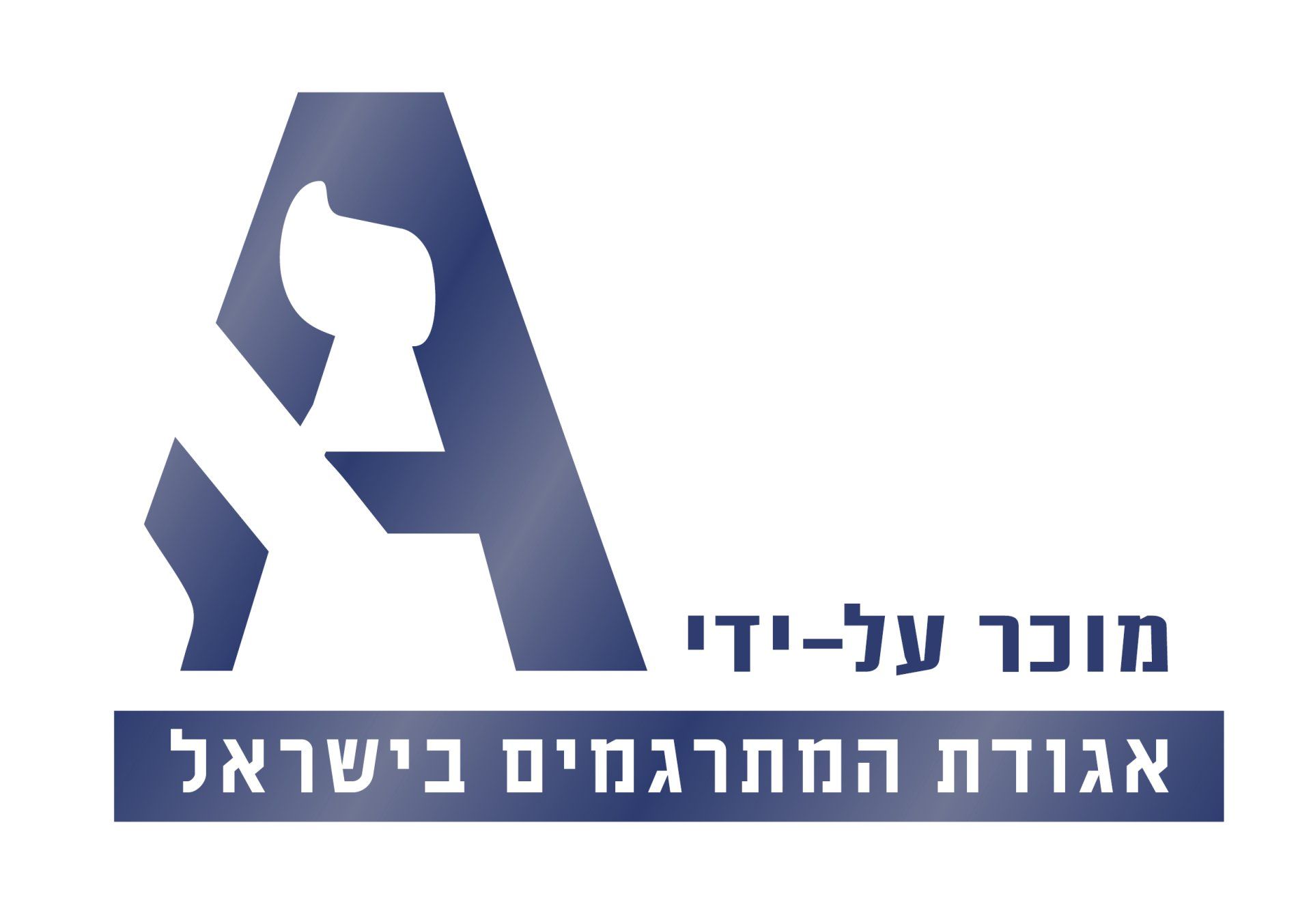Common questions
Translation
-
How is translation priced?
Translation is generally charged for by the word or page (250 words). Since some languages are particularly efficient in terms of the number of words they use, they lead to a significant difference in word count between the source and target text. For example, the English translation generally has 40-50% more words than the Hebrew source. In these cases, most translators prefer to charge by the target word count but in some cases the parties agree on an estimated target count in advance. I charge by project to allow me to take into account all elements, including document preparation and QA.
-
How can I tell if the quality of the translation is good?
Ask a native speaker to read the text and tell you if the text is the original or translation. If the reader is unsure, the translation is seamless and therefore professional. Of course, the quality of the translation does also depend on the quality of the source text, i.e. poorly written texts don’t get better in translation. Also, if available, ask a specialist familiar with the specific technical terms to make sure that the terminology is correct.
-
How do I pick a translator?
Since translation is both an art and a science, no single aspect indicates competency. As a rule, professionals should only translate into their mother tongue (with a few exceptions), have academic and/or practical familiarity with the material and have several years of translating experience. Having a website and being a member of professional organizations is a sign of a commitment to the profession. Degrees indicate knowledge but not always ability.
-
Should I use a freelance translator or a translator agency?
Agencies are ideal for customers that have multi-language orders. By contrast, freelancers provide direct contact with the language professional, which allows for a long term relationship with a translator with all the attending benefits, including direct dialogue and no middleman.
-
Is there a discount for a large job?
In translation as in writing, there is no such thing as good translation only but only good quality checking. In other words, the difference between amateur and professional work is the time spent checking and polishing the translation. The larger the text, the longer it takes to properly QA the translation. So, unlike with physical products such as tomatoes or toilet paper , large translation projects do not receive discounts.
stephen@gaguzia-translations.com
(972) 4 958-4188









